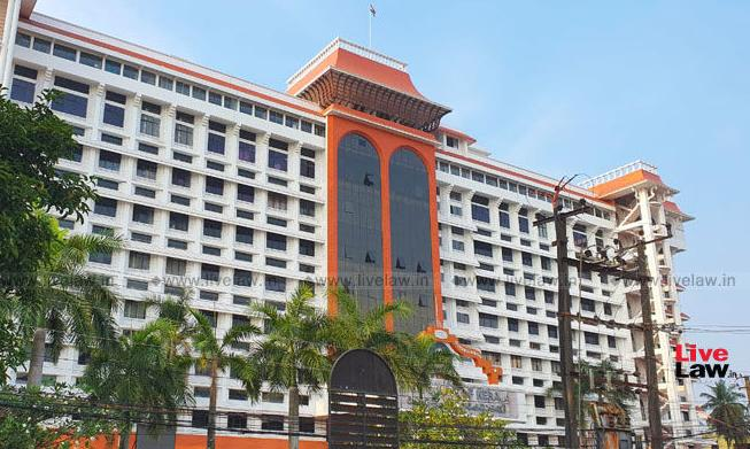Kerala High Court Allows Bride To Appear Through Online Mode For The Solemnization Of The Marriage
Athira Prasad
24 July 2022 5:29 PM IST

Next Story
24 July 2022 5:29 PM IST
The Kerala High Court recently in a Writ Petition allowed one of the parties to appear through online mode for the solemnization of their marriage before the Marriage Officer. Justice V.G. Arun allowed the second petitioner, who is a Canadian citizen with an Overseas Citizen of India Card to appear before the Marriage office in online mode for the solemnization of their marriage, however, this...
